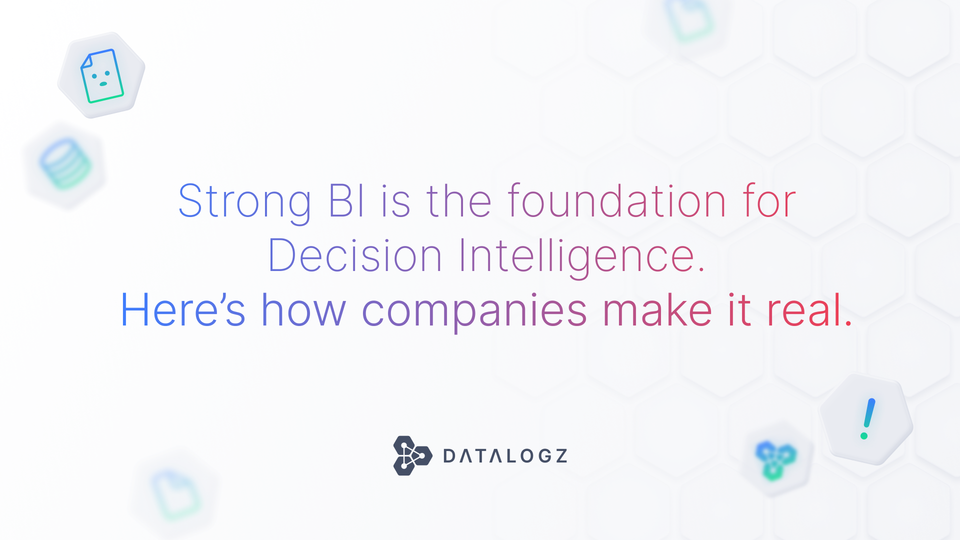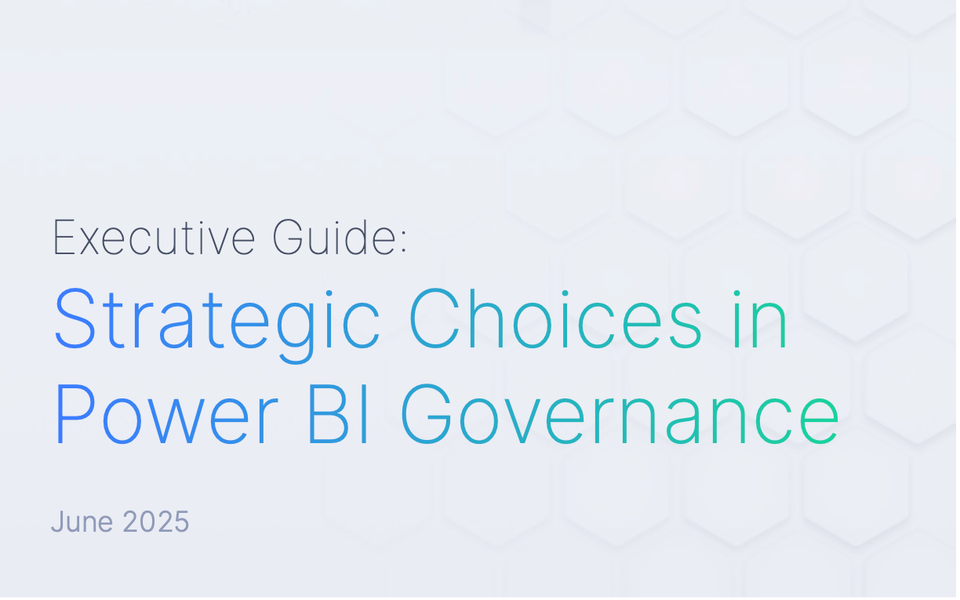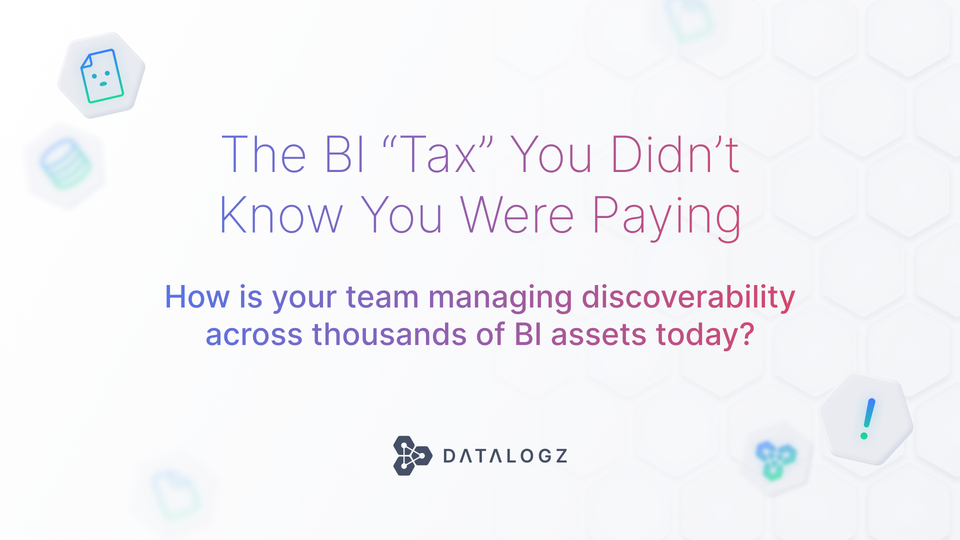Best Practices for BI Ops in Data-Mature Organizations
BI Ops can help drive growth, improve operational efficiency, and enhance user satisfaction in data-mature organizations.

In today's data-driven world, BI Ops is essential for organizations that want to remain competitive and achieve their strategic goals. BI Ops powers collecting, analyzing, and disseminating data to support organizational decision-making. It can help drive growth, improve operational efficiency, and enhance user satisfaction in data-mature organizations. This blog post will discuss the best practices for BI Ops in data-mature organizations.
Building a Strong Data Foundation
A strong data foundation is essential for effective BI Ops. This foundation includes data governance, which involves establishing policies and procedures for managing data throughout its lifecycle. Data governance ensures that data is accurate, consistent, and secure. It also consists of assigning ownership and responsibility for data and establishing standards for data quality.
Data quality is also a critical component of a robust data foundation. Data quality refers to data accuracy, completeness, consistency, and timeliness. Poor data quality can lead to incorrect decisions and damage an organization's reputation. Data-mature organizations establish data quality standards, monitor data quality, and continuously improve data quality through data cleansing and data enrichment.
Promoting Data Literacy
Data literacy is the ability to read, understand, and use data to make decisions. It involves understanding how to interpret, visualize, and effectively communicate insights from data. Promoting employee data literacy is essential for successful BI Ops in data-mature organizations. A culture of data-driven decision-making is necessary for an organization to fully reap the benefits of BI Ops.
Organizations can provide training and resources to employees to promote data literacy, such as data visualization tools and dashboards. Data-mature organizations also encourage collaboration across departments, enabling employees to share insights and work together to solve business problems. Effective data communication is essential, and organizations should invest in developing a common language for discussing data and analytics.
Embracing Agile Methodologies
Agile methodologies are iterative and incremental approaches to software development that emphasize flexibility, collaboration, and customer satisfaction. Agile methodologies can also be applied to BI Ops to improve the efficiency and effectiveness of BI processes. In data-mature organizations, embracing agile methodologies can help reduce the time to value for BI projects, increase collaboration, and improve the quality of BI deliverables.
Agile methodologies involve breaking down BI projects into smaller, manageable components or sprints. Teams work together to develop and test each component, with frequent feedback loops and continuous improvement. Agile methodologies emphasize collaboration and communication, with teams working together to identify and prioritize business requirements and deliverables.
Continuous Improvement
Continuous improvement is a critical component of BI Ops in data-mature organizations. Continuous improvement involves identifying areas for improvement, implementing changes, and measuring the effectiveness of those changes. Data-mature organizations prioritize continuous improvement to optimize processes and ensure they align with their strategic goals.
Continuous improvement involves establishing metrics and KPIs to measure the effectiveness of a BI Ops platform and the associated processes. Organizations should also establish a method for collecting and analyzing user feedback to identify improvement areas. Data-mature organizations use data and analytics to drive continuous improvement, analyzing BI Ops processes' performance to identify areas for optimization.
The benefits of implementing these best practices include improved decision-making, enhanced operational efficiency, and increased revenue. Organizations prioritizing BI Ops can gain a competitive advantage in their industry by leveraging insights from their data to make informed decisions quickly.
Another significant benefit of BI Ops is the ability to identify trends and patterns that may not be apparent from traditional reporting. BI Ops allows organizations to explore their data in-depth, revealing insights that would have otherwise gone unnoticed. These insights can help organizations identify new opportunities for growth and address potential challenges before they become significant issues.
In conclusion, BI Ops is critical to any data-mature organization's success. Building a robust data foundation, promoting data literacy, embracing agile methodologies, and prioritizing continuous improvement are essential practices that data-mature organizations can adopt.




